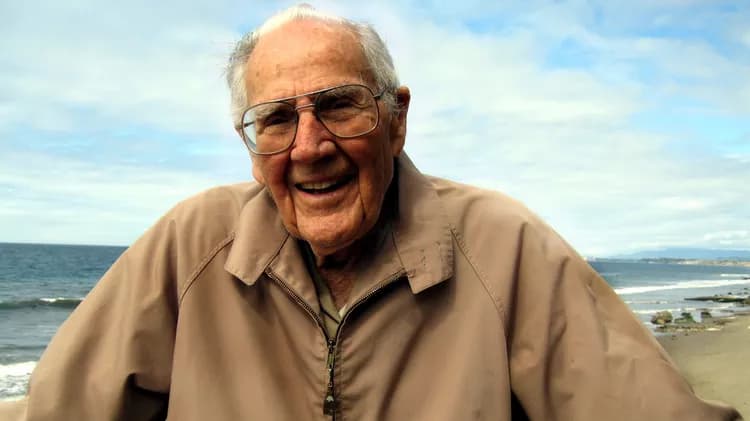
Common Prostate Cancer Treatments Suppress Immune Response, May Promote Relapse
Prostate cancer patients and their doctors may want to think twice about the best timing for chemotherapy or radiation therapy in conjunction with a common nonsurgical treatment, based on international research findings led by UT Southwestern Medical Center investigators.
Researchers using mouse models found that many medical androgen deprivation therapies (ADTs) -- the most commonly used nonsurgical treatments for prostate cancer -- may suppress patients' adaptive immune responses, preventing immunotherapies from working if both treatments are used but not sequenced properly. ADTs are anti-hormone therapies that decrease the body's levels of androgens, the type of hormone that is required for prostate cancer to survive and grow.
The study findings were published this week in Science Translational Medicine.
"Medical ADTs have been used for a half century to treat prostate cancer, and promising clinical results for cancer immunotherapy have led to attempts to combine it and other standard-of-care therapies with immunotherapy to treat the disease," said senior author and principal investigator Dr. Yang-Xin Fu, Professor of Pathology and Immunology.
Relapse of prostate tumors, however, has been a major problem.
"While surgical ADT -- castration -- works well with immunotherapy, we determined that some androgen receptor antagonists could reduce the T-cell response against prostate cancer, leading to early tumor relapse," said Dr. Fu, who holds the Mary Nell and Ralph B. Rogers Professorship in Immunology and also is a member of the Harold C. Simmons Comprehensive Cancer Center at UT Southwestern.
In other words, the suppressed immune response caused by medical ADTs block the efficacy of immunotherapy and leads to the relapses in cancer commonly seen in clinical trials.
"Our study shows that in some patients, this poor response could also be due to the radiation or chemotherapy itself suppressing the immune response," Dr. Fu explained. "These treatments may reduce the tumor burden in the short term, but at the same time, they can suppress the immune response -- and because they don't kill every cancer cell, resistant clones will be selected, especially when the body's immune response is not mobilized, and the tumor will relapse much more aggressively.
Careful regulation of the timing, types, and dosage of antiandrogens used with immunotherapy are key to maximizing the anti-tumor effects of combination therapy, the study indicates.
"The findings also highlight an underappreciated mechanism of androgen receptor (AR) antagonist-mediated immune suppression and provide a new strategy to enhance the immune response and perhaps prevent or delay the relapse of advanced prostate cancer," Dr. Fu said.
More studies are needed, Dr. Fu said, but the upshot is that some chemotherapies and radiation therapies should not be used concurrently with immunotherapies.
"We hope that our findings will cause physicians to think twice before starting chemotherapy or radiation on their cancer patients, to consider the best way to combine them with immunotherapies," he said. "The idea is to kill the tumor cells while also considering whether these therapies are suppressing or activating the immune system."
The above post is reprinted from materials provided by UT Southwestern Medical Center. Note: Materials may be edited for content and length.
Disclaimer: DoveMed is not responsible for the adapted accuracy of news releases posted to DoveMed by contributing universities and institutions.
Primary Resource:
Pu, Y., Xu, M., Liang, Y., Yang, K., Guo, Y., Yang, X., & Fu, Y. X. (2016). Androgen receptor antagonists compromise T cell response against prostate cancer leading to early tumor relapse. Science Translational Medicine,8(333), 333ra47-333ra47.
Related Articles
Test Your Knowledge
Asked by users
Related Centers
Related Specialties
Related Physicians
Related Procedures
Related Resources
Join DoveHubs
and connect with fellow professionals

0 Comments
Please log in to post a comment.